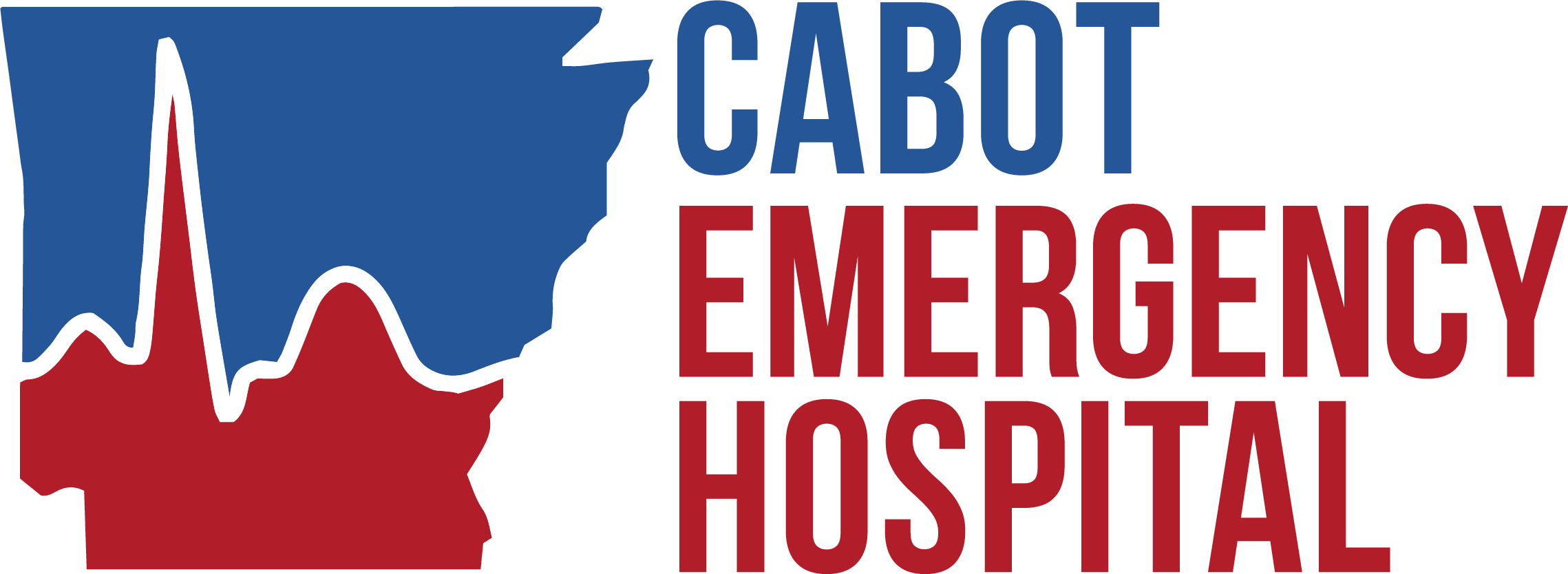Discover how IV medications and fluids can get patients feeling back better quicker than ever
Most visits to the emergency room due to injury or illness are life or death. A physician must quickly initiate a treatment plan to ensure a patient gets well while eliminating the chance for other challenges on the road to complete recovery. A common method for quick medical treatment is IV medication or fluids instead of the traditional pill.
What is IV Treatment?
IV or intravenous treatment means the administration of fluids or medications through a needle or tube directly into the veins. This course of treatment is typically taken because IVs allow patients to receive medication quickly to the bloodstream through controlled dosing.
IV treatment is for the short-term recovery needs for medication or fluids directly into the body. Typically, the entry site is a vein in the wrist, elbow, or hand. A peripheral venous catheter attached to the needle is left at the site to continue the administration of medicine during treatment.
A controlled amount of medicine is given through the catheter via IV push or infusion. The push consists of a single syringe or medication versus an infusion using gravity to drip or pump medication via the catheter into the body.
Why are IV Treatments faster than traditional medications?
It has been proven that taking a pill takes longer to get medication working and into the bloodstream versus directly into the veins. In most emergency cases, taking a liquid or pill by mouth may not be fast enough for the results needed. IV treatment goes directly into the bloodstream for immediate results.
Also, some enzymes in the stomach and liver work against the medication needed and breaks them down. To avoid this, medication sent directly to the bloodstream through IV medications and fluids skips the process of digestion.
What treatment most commonly uses IVs?
- Dehydration
- Chemotherapy
- Antibiotics
- Antifungal
- Total Body Pain Relief
- Low Blood Pressure
Complications to watch out for when using an IV
It is important to bring any slight complication to the attention of a medical professional.
- Infection: This infection will begin at the injection site with fever, chills, redness, discoloration, pain, and even swelling.
- Damage to veins: Some may experience phlebitis, or inflammation of veins that includes warmth over the area accompanied by pain and swelling.
- Air embolism: This is the error of air in the syringe or IV medication bag that puts air bubbles in the veins. Air bubbles in the body are extremely dangerous to the heart and lung functions.
- Blood clots: Clots in the veins are a high cause of health concern for severe tissue damage and death.
Our board-certified physicians are experienced in care for patients suffering from a wide range of illnesses and injuries. For emergency situations, including dehydration, Cabot Emergency Hospital is here to get you feeling better quickly and back to normal life. Open 24/7, we provide the community with exceptional medical services without the wait.
Disclaimer: As a service to our readers, Cabot Emergency Hospital and Nutex Health state no content on this site, regardless of date, should ever be used as a substitute for direct medical advice from your doctor or other qualified clinician.





Comments are closed